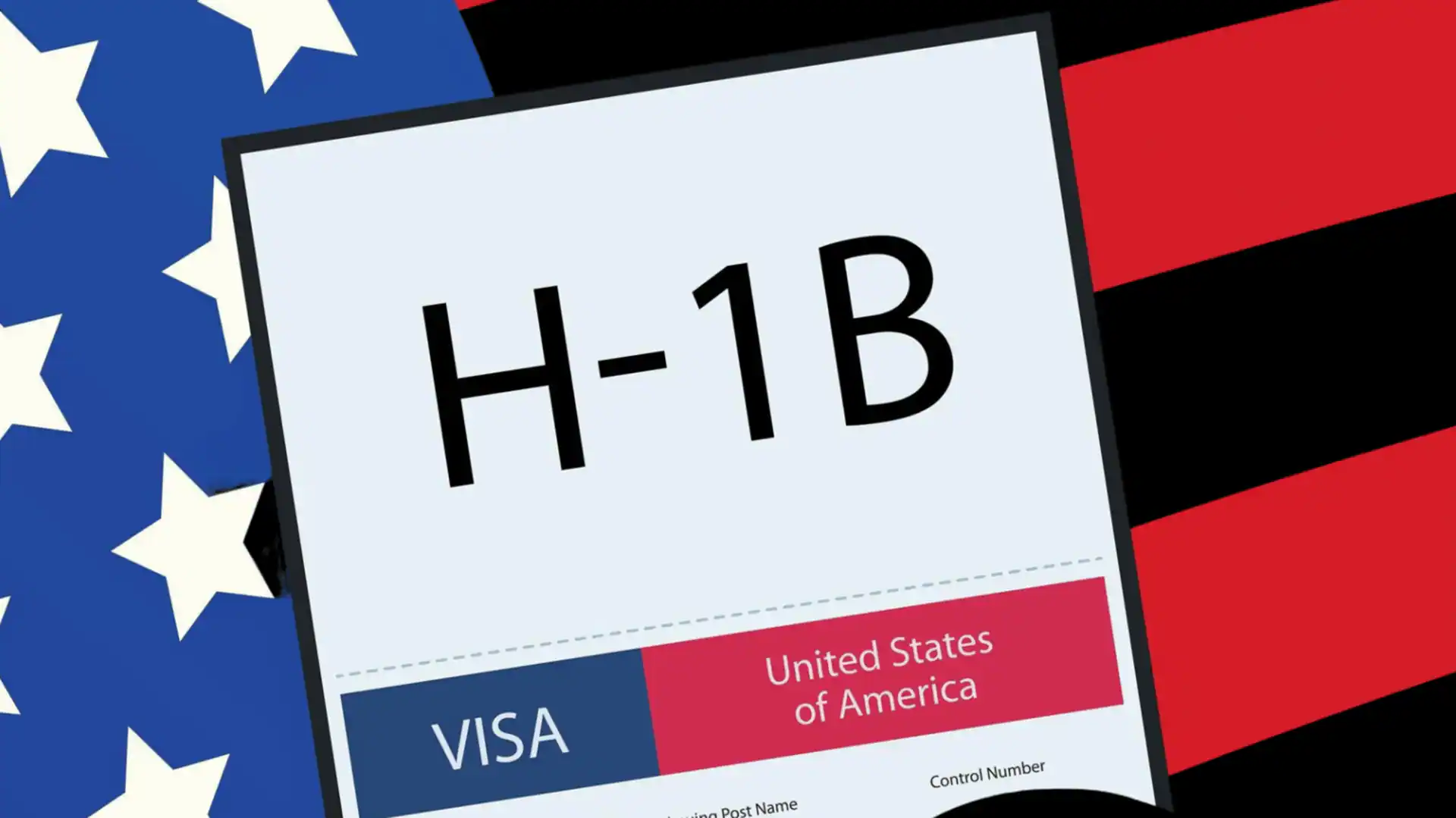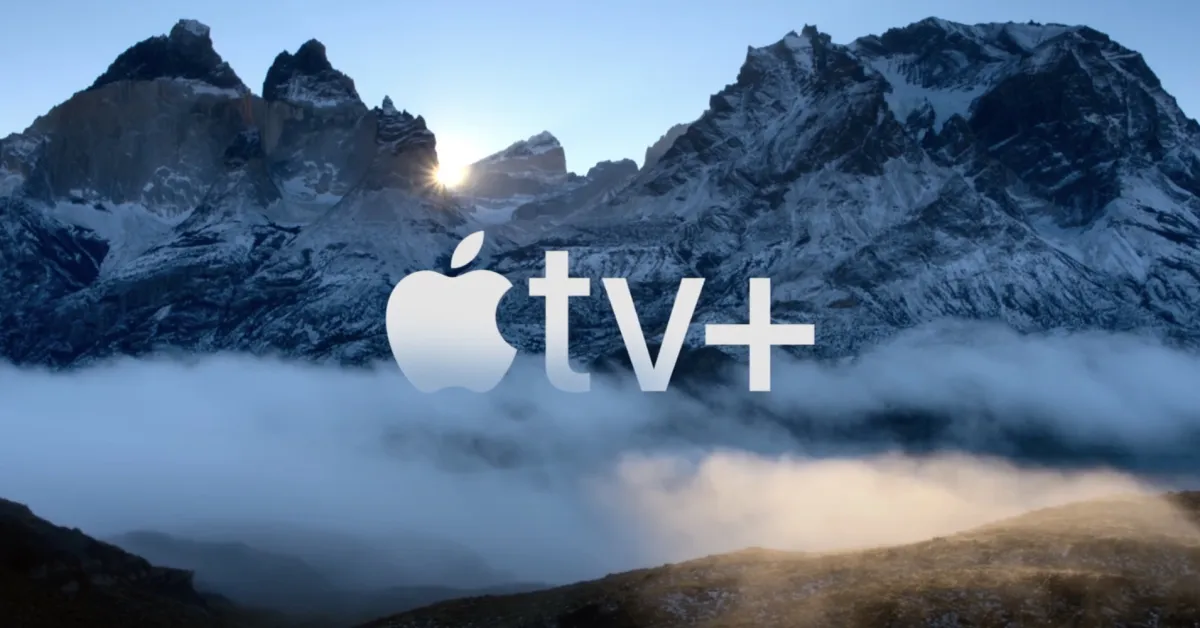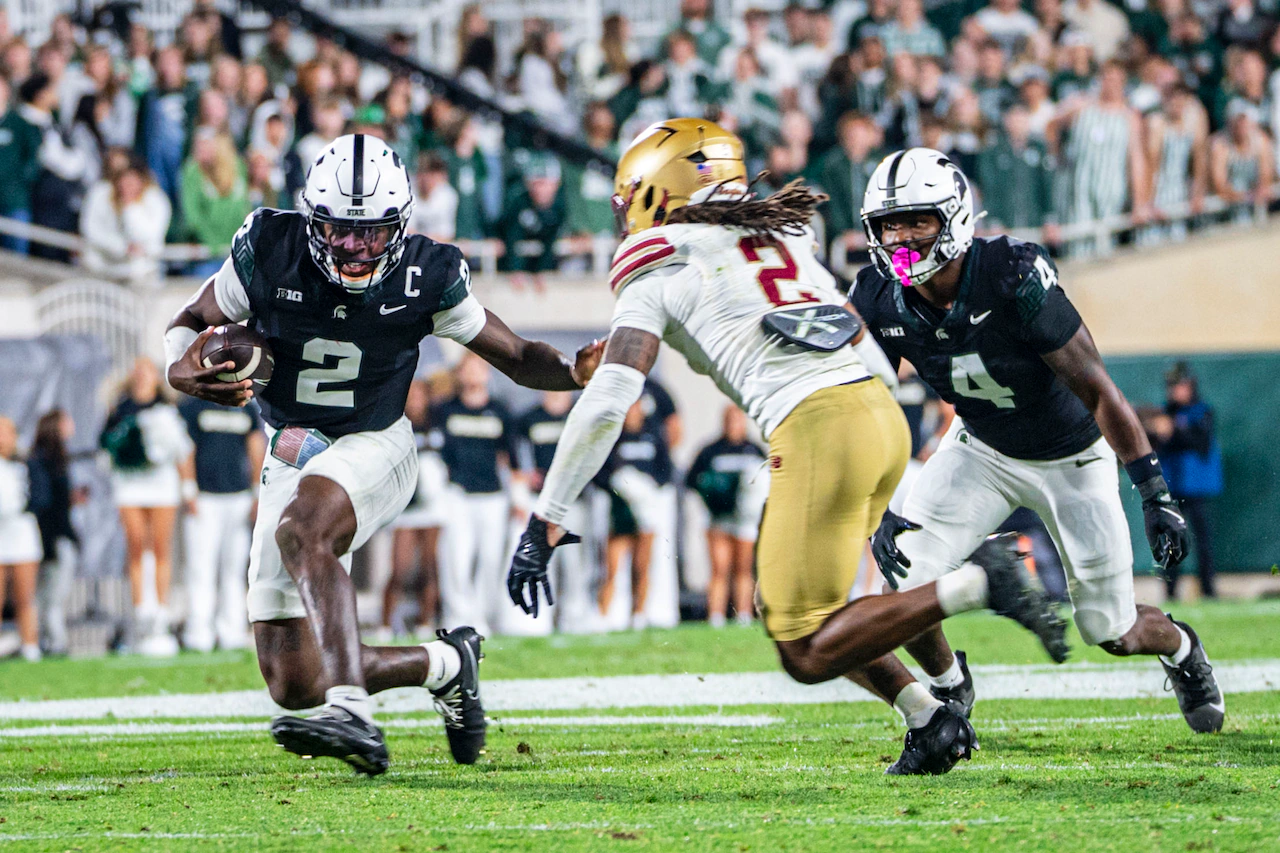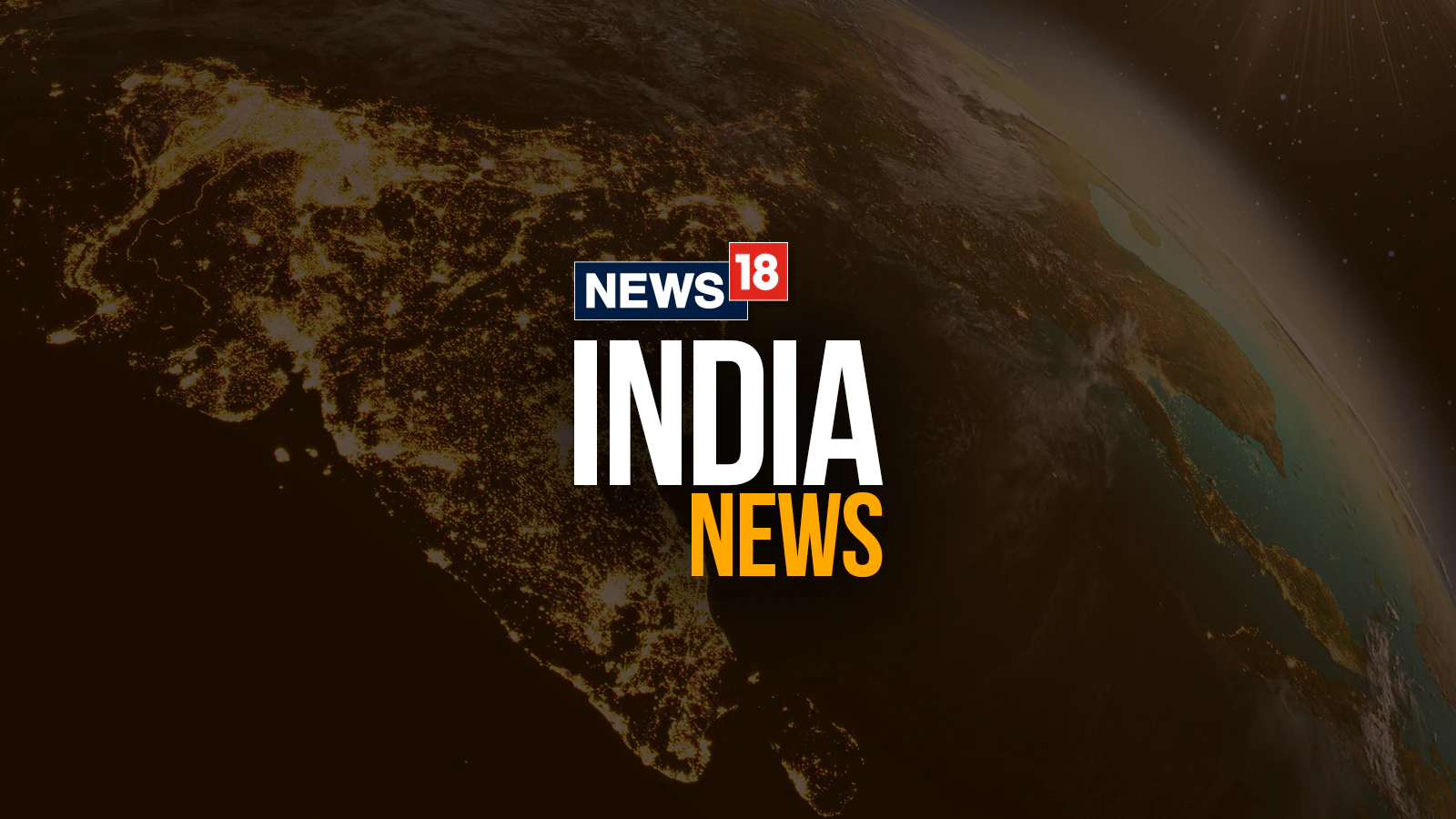By Akash Pandey
Copyright newsbytesapp

In just one day, the US immigration landscape shifted dramatically, mostly rattling the technology sector. On Friday, President Donald Trump signed a proclamation imposing a $100,000 fee on H-1B visas, a program under which foreign workers, including those from India, are hired. By Saturday night, a clarification came that it was not an annual fee and would apply only to new visas, not renewals or current holders, offering partial relief but still leaving businesses and workers uneasy. The Trump administration said the change ensured only extraordinarily skilled individuals enter the country and reduces reliance on foreign talent to replace American workers. Commerce Secretary Howard Lutnick said that previous policies admitted people earning below-average salaries and sometimes dependent on government support. He further claimed that the new structure filters out the bottom quartile of visa applicants while raising over $100 billion for the US Treasury. Trump also backed the move, saying it would lower national debt and taxes. The announcement hit India hard as it accounts for nearly 71% of H-1B visa holders, with most of these professionals working in the US technology sector. Major Indian IT firms like Infosys, Wipro, TCS, and Cognizant have long been dependent on this route to staff projects for American clients. The new fee raised fears of prohibitive costs and threatened India’s $250-billion IT services industry that relies on overseas deployment. Industry analysts cautioned that firms could shift jobs back to India. Following the announcement, shares of IT services companies, including US-listed Indian firms, fell between 2% and 5%. Critics said the measure would stifle talent mobility and hurt innovation, while supporters argued it would prevent wage suppression and encourage US companies to train local graduates. A White House memo accused IT firms of manipulating the H-1B system, significantly harming American workers in computer-related fields. After 24 hours, the White House Press Secretary Karoline Leavitt clarified on X that the $100,000 fee would not apply to current H-1B visa holders or those renewing their visas. The exemption also covered people selected in the latest H-1B lottery whose visas become effective on October 1. Leavitt also clarified that this is a one-time fee applicable only to new petitions and not annual renewals as anticipated previously. The steep H-1B fee is part of the Trump administration’s broader effort to tighten immigration, which includes travel bans and visa bond requirements. Legal experts have questioned whether such a high fee, far beyond application costs, could withstand court challenges. The move has left businesses and workers unsettled while offering some relief to companies and professionals already in the US, with the latest clarification.



